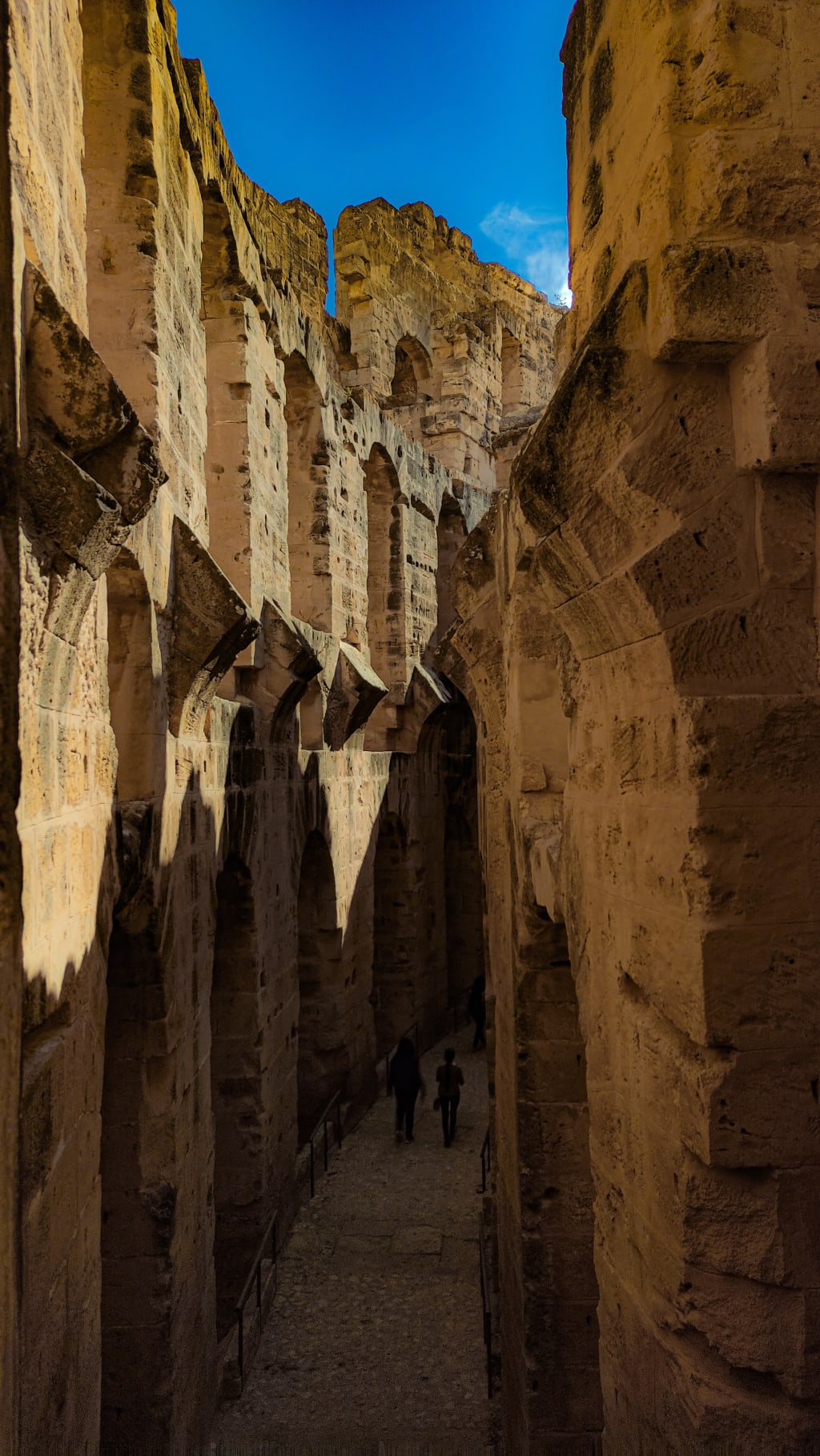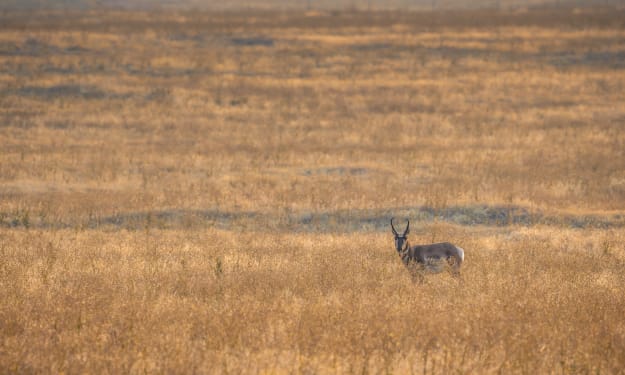Uncovering Ancient Secrets: Archaeological Discoveries That Rewrote History
"Unearthing the Past: Unveiling Ancient Enigmas through Groundbreaking Archaeological Revelations"

Introduction:
Archaeology, the study of human history through the excavation and analysis of artifacts, has always been an intriguing field that captivates our imaginations and sheds light on the mysteries of the past. Over the years, countless discoveries have revolutionized our understanding of ancient civilizations and rewritten the pages of history. In this article, we delve into some of the most significant archaeological findings that have reshaped our knowledge of the past.
The Rosetta Stone:
One of the most iconic discoveries in archaeology, the Rosetta Stone, was found in 1799 during Napoleon Bonaparte's military campaign in Egypt. This ancient slab of stone, inscribed with a decree issued in 196 BC, contained the same text in three different scripts: Egyptian hieroglyphs, demotic script, and Greek. The Rosetta Stone became the key to deciphering the hieroglyphs, leading to a profound understanding of ancient Egyptian culture and history.
The Terracotta Army:
In 1974, a group of farmers stumbled upon an astonishing archaeological find near Xi'an, China—the Terracotta Army. This vast collection of life-sized terracotta soldiers, chariots, and horses was built to accompany Emperor Qin Shi Huang in the afterlife. The discovery shed light on the grandeur and meticulousness of the Qin Dynasty (221-206 BC) and provided valuable insights into ancient Chinese burial practices and beliefs.
The Dead Sea Scrolls:
In 1947, a Bedouin shepherd discovered a cache of ancient manuscripts hidden in caves near the Dead Sea. The Dead Sea Scrolls, a collection of Jewish texts dating back to the 3rd century BC to the 1st century AD, offered an unparalleled glimpse into the religious, social, and political milieu of the time. These scrolls included the oldest known surviving copies of the Hebrew Bible, offering invaluable insights into the origins of Judaism and early Christianity.
Pompeii:
The volcanic eruption of Mount Vesuvius in 79 AD had catastrophic consequences for the Roman city of Pompeii. Buried under layers of volcanic ash and pumice, Pompeii was remarkably preserved, allowing archaeologists to unearth an entire city frozen in time. The excavation of Pompeii, which began in the 18th century, has provided unprecedented insights into Roman daily life, architecture, art, and even human remains, offering a unique snapshot of ancient Roman civilization.
Gobekli Tepe:
Considered one of the oldest religious sites in the world, Göbekli Tepe in southeastern Turkey has revolutionized our understanding of prehistoric civilizations. Discovered in the 1990s, this ancient temple complex dates back to approximately 9600 BC, predating Stonehenge by several thousand years. The intricate stone pillars adorned with animal carvings challenge the conventional narrative that agriculture preceded complex societies, suggesting that organized religion may have been the catalyst for civilization.
Machu Picchu:
Perched high in the Andes Mountains of Peru, Machu Picchu remained unknown to the world until 1911 when American archaeologist Hiram Bingham rediscovered the "Lost City of the Incas." This magnificent site, built by the Inca civilization around the 15th century, provided crucial insights into their advanced architectural and engineering skills. The discovery of Machu Picchu reshaped our understanding of Inca civilization and raised questions about its purpose and eventual abandonment.
Conclusion:
These archaeological discoveries, among many others, have significantly altered our understanding of ancient civilizations and challenged established historical narratives. By unearthing and analyzing the remnants of the past, archaeologists continue to push the boundaries of knowledge and provide us with a richer tapestry of human history.
As technology advances and new excavation techniques emerge, we can anticipate even more groundbreaking discoveries that will further unravel the secrets of our ancestors. Each archaeological find serves as a testament to our insatiable curiosity about the past and reminds us that there are still countless stories waiting to be uncovered beneath the earth's surface.





Comments (1)
Archaeology is a passion of mine and I'm always looking for lost reasures both literally and figuratively. It is what drives me and keeps me motivated. What's your motivating factors that keep you going?